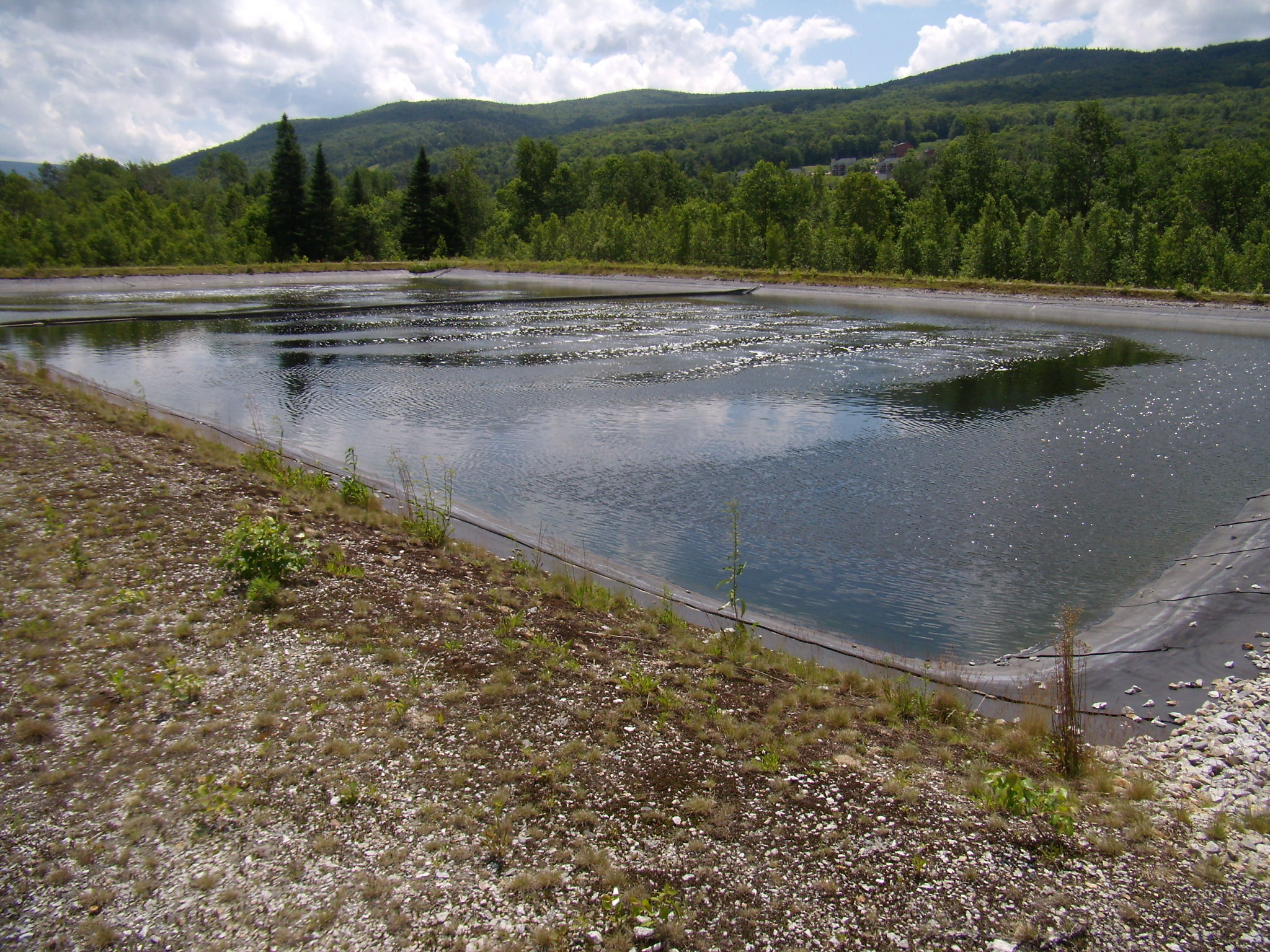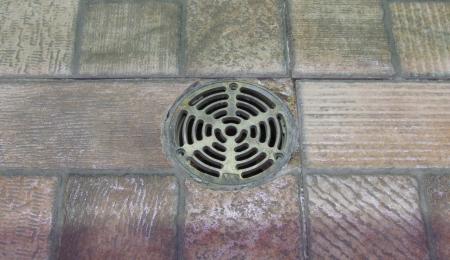Groundwater Discharge
Regulation and inventory of wastewater discharges to the ground and/or groundwater.
 Our goal is to eliminate instances where groundwater is contaminated by the improper disposal of waste and wastewater. The Groundwater Discharge Permitting Program is concerned with the proper treatment and disposal of wastewater onto or into the ground. This includes domestic volumes exceeding 20,000 gallons per day and nondomestic discharge of wastewater that includes a groundwater contaminate(s) listed in the Ambient Groundwater Quality Standards.
Our goal is to eliminate instances where groundwater is contaminated by the improper disposal of waste and wastewater. The Groundwater Discharge Permitting Program is concerned with the proper treatment and disposal of wastewater onto or into the ground. This includes domestic volumes exceeding 20,000 gallons per day and nondomestic discharge of wastewater that includes a groundwater contaminate(s) listed in the Ambient Groundwater Quality Standards.
The program includes the 5-year Groundwater Discharge Permit for long term discharges and the Temporary Discharge Permit for short term discharges.
The Temporary Discharge Permit is used for short term discharges (120 days or less) of water that is infiltrated at the site with no runoff. Discharges must meet Ambient Groundwater Quality Standards and may require treatment by best available technology. Activities include community and municipal well pumping tests, well rehabilitation work, remedial pump and treat discharges, construction dewatering, etc.
Registrations: Nondomestic Wastewater and Holding Tanks
All discharges of nondomestic wastewater to the ground must be registered with, and in some cases permitted by, NHDES' Water Division. Nondomestic wastewater may discharge to the ground surface or into a subsurface structure provided it meets Ambient Groundwater Quality Standards and is registered with NHDES. If the water may have contaminants, it must either discharge to the municipal sewer or discharge to a holding tank for storage and disposal offsite.
- To register a nondomestic, nonhazardous wastewater discharge complete the Registration & Notification Form for Floor Drains & Discharges to Groundwater.
- A holding tank is required for a floor drain in the area where contaminants are used or stored.
- To register a holding tank for a floor drain or discharge from areas where contaminants are used or stored, complete the Holding Tank Registration Form.
Underground Injection Control Program
This is a federal program managed by NHDES to regulate and inventory discharges of wastewater into the ground and groundwater of New Hampshire. UIC wells are divided into six groups or “classes”: Class I thru Class VI.
New Hampshire only has Class V wells, which are generally "low-tech" and depend on gravity to infiltrate water and wastewater. Dry wells, cesspools and septic system leach fields are examples of simple Class V wells. For more information, see EPA’s website.
For more information about the State and Federal regulations related to UIC, see Env-Wq 404 and 40 CFR 144.3.
Any questions related to the UIC Program can be sent to UICProgramNH@des.nh.gov.
Resources
Related Content
Spotlights
VIEW ALL SPOTLIGHTSResidential Floor Drains
Residential floor drains do not require registration. However, they should outfall to the ground surface or to the municipal sewer. The outfall should not discharge to a septic system. Commercial, industrial or institutional facility floor drains that do not discharge to municipal sewer are required to register or close.
Did you know?
Did you know?
You can upload data or other information related to your site on our OneStop Data Provider website.





